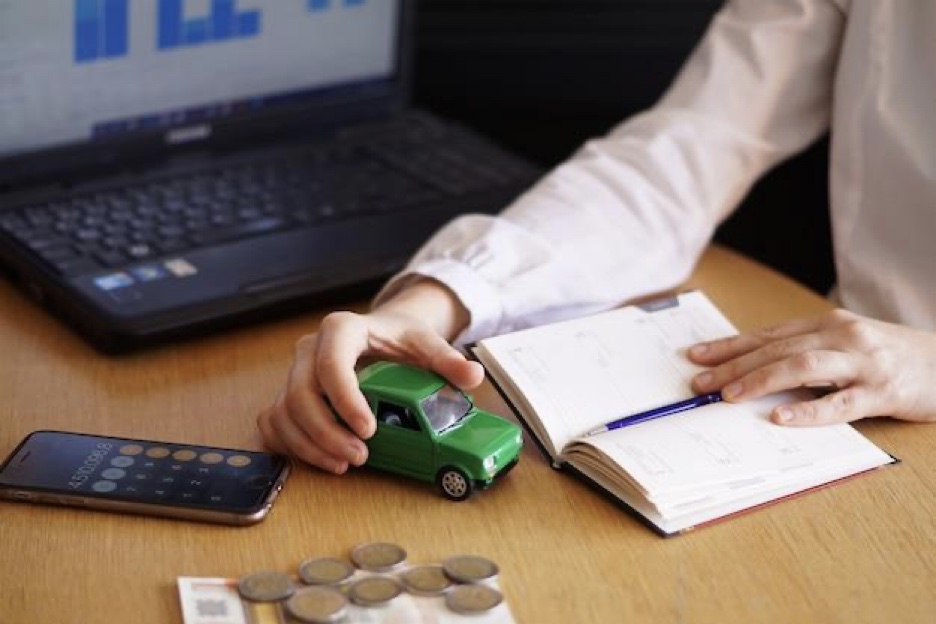Buying or selling a car is always a big milestone you should take very seriously. This is especially important in the case of developed and federalized states like Australia which involves adhering to specific regulations to ensure a legal and smooth transaction. Understanding these regulations is essential for both buyers and sellers to avoid potential pitfalls and protect their rights.
In this short breakdown, we will quickly cover Australia’s car purchasing and selling regulations, covering essential aspects such as vehicle inspections, title transfers, roadworthy certificates, and more.
Vehicle Identification Number (VIN)
The most basic way for Australians to identify their four-wheelers is a simple 17-character identifier Vehicle Identification Number aka VIN. The VIN is essential for identifying a vehicle’s history, including its manufacturing details, previous ownership, and any potential issues.
When buying a car, always cross-check the VIN on the registration papers with the one physically present on the car’s chassis. This ensures that the car’s identity matches the documents and helps prevent fraud. Sellers must accurately provide the VIN when listing a vehicle for sale to provide transparency and build trust with potential buyers.
Roadworthy Certificates
A roadworthy certificate is mandatory in most Australian states when selling a used car. This piece of paper indicates that the vehicle is safe for driving on Australian roads and complies with state safety prescriptions.
Before advertising a car for sale, sellers should obtain a roadworthy certificate from an authorized mechanic. Buyers, on the other hand, should request a valid roadworthy certificate before finalizing the purchase. Without this certificate, transferring ownership might be restricted, and the buyer may need to obtain a new certificate, incurring additional costs.
Transfer of Ownership
The transfer of ownership, also known as a vehicle transfer or change of ownership, is a crucial step when selling or buying a car. The good thing to know here is that these transactions fall under the federal jurisdiction and professional car buyers in Melbourne will be treated under the same regulations as sellers in Brisbane. Sellers must complete the required paperwork and submit it to the relevant state transport authority. Buyers must also complete their part of the transfer process to officially become the new registered owner. Failing to complete the transfer of ownership can lead to legal and financial consequences for both parties involved.
Statutory Warranty
Australian law provides certain consumer protections for buyers purchasing a used car from a dealer. Depending on the state, buyers may receive a statutory warranty that covers specific mechanical defects for a defined period. Knowing these regional differences will prove to be more than helpful. However, private sellers are generally exempt from providing this warranty. To safeguard their interests, buyers should conduct thorough pre-purchase inspections or request independent vehicle history reports. These steps help identify potential issues and make an informed decision before committing to the purchase.
Cooling-Off Period
In some Australian states, buyers will have the option of a cooling-off period after getting a vehicle from a licensed dealer. If you don’t know what this term is all about, this phrase presents a period in which you can change your mind and drop the purchase. It usually lasts between one to three business days, during which the buyer can reconsider their purchase. However, cooling-off periods do not apply to private sales. Buyers need to be aware of this limitation and thoroughly inspect the car and conduct due diligence before completing the private sale.
Payment Methods and Scams
Both buyers and sellers should tread very cautiously when it comes to payment methods. Cash transactions are common, but they carry inherent risks, such as theft or counterfeit money. Bank transfers provide a more secure option, but it’s essential to verify the payment before finalizing the sale. Additionally, be cautious of online car scams, especially if the buyer or seller is reluctant to meet in person or insists on unusual payment methods. Always prioritize meeting in a safe location, conducting a thorough inspection, and ensuring all paperwork is in order.
Considerations for Buying and Selling Unregistered Cars
Buying or selling an unregistered car in Australia requires extra attention to legal and safety considerations. Unregistered cars cannot legally be driven on public roads until they are re-registered, and they may not have a valid roadworthy certificate. For buyers, it’s essential to ascertain the reasons for the car’s unregistered status. Some sellers may offer unregistered cars at lower prices, but buyers should be prepared to invest time and money in getting the vehicle roadworthy and registered.
Navigating Australia’s car purchasing and selling regulations is vital to ensure a legal and smooth transaction. Understanding the importance of the VIN, roadworthy certificates, transfer of ownership, statutory warranties, cooling-off periods, payment methods, and avoiding scams will empower both buyers and sellers to make informed decisions while safeguarding their interests. Doing that is not always easy, but navigating through this legal mess will definitely pay off and help you reach the best agreement.
Interesting Related Article: “Are You Looking to Purchase a Car for Your Home Business?“


